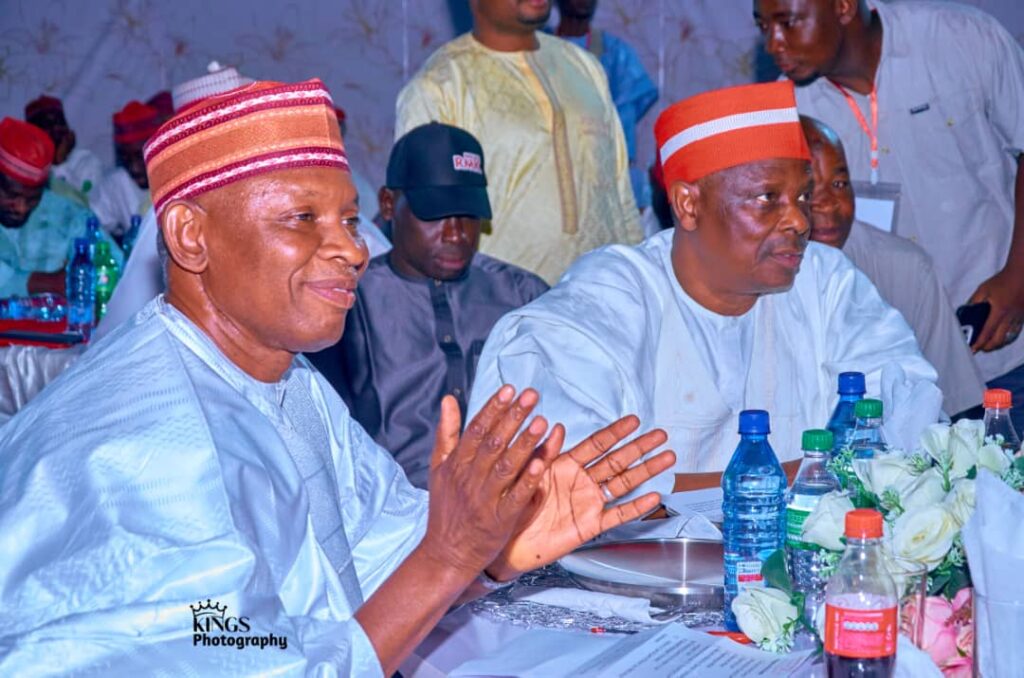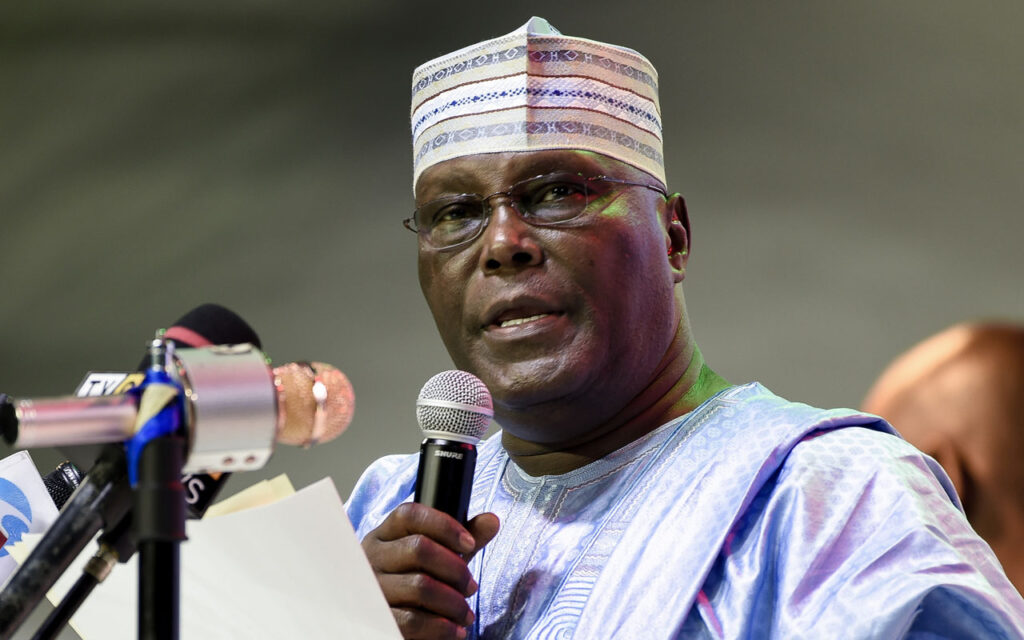
Supreme Council for Shariah in Nigeria (SCSN) has called on the Economic and Financial Crimes Commission (EFCC) to disclose the name of the religious organisation sponsoring terrorism in the country.
The council said the call became necessary following the recent claim by the Chairman of EFCC, Ola Olukoyede, that the anti-graft agency uncovered how a religious sect in Nigeria was laundering money for terrorists.
Speaking at a youth dialogue programme in Abuja, Olukoyede also said another religious body was found protecting a money launderer after some money suspected to have been laundered was traced to the organisation’s bank account.
President of SCSN, Abdularasheed Hadiyatullah, and Secretary-General, Nafiu Ahmad, stated, yesterday, that the disclosure by EFCC sent shockwaves across the nation.
The council, while demanding full disclosure of the identity of the religious body allegedly sponsoring terrorism with N7 billion out of N13 billion traced to its account, raised concerns about potential fund misuse for activities threatening the country’s peace and security.
“Gravity of the situation calls for immediate public clarification of the group and decisive action to address the disturbing nexus between religious groups and insurgency. Accordingly, we urgently call upon the EFCC to publish the list of all sponsors of criminal activities,” the council stated.
Calling on the commission to expedite the release of the list of sponsors and collaborate with relevant authorities to ensure prompt legal action, the council described terrorism as a matter of grave concern, it challenged citizens to demand proper legal action against sponsors and those found complicit in financing activities undermining the country’s security.
The statement added: “The composition of the committee has raised serious questions about fairness and inclusivity since all members of the committee are Christians, expected to superintend over a lingering religious crisis. This is a textbook antithesis of the principles of equality and transparency.
“The total exclusion of Muslims in the security committee not only disregards the diverse fabric of the state (with at least 40 per cent Muslims), but also jeopardises the effectiveness of the committee in addressing the root of the ongoing conflicts.”
It called for the re-evaluation of the committee’s composition to ensure it is truly representative of the entire population.













